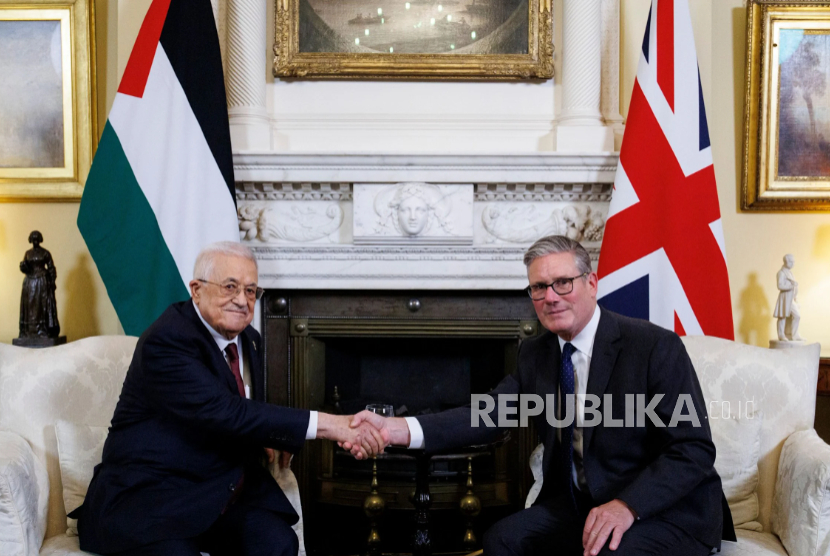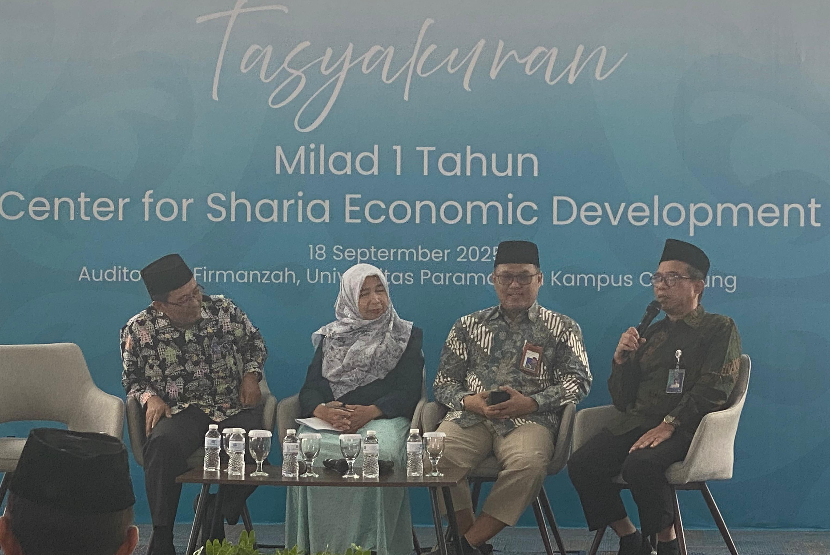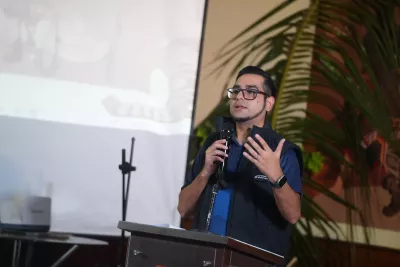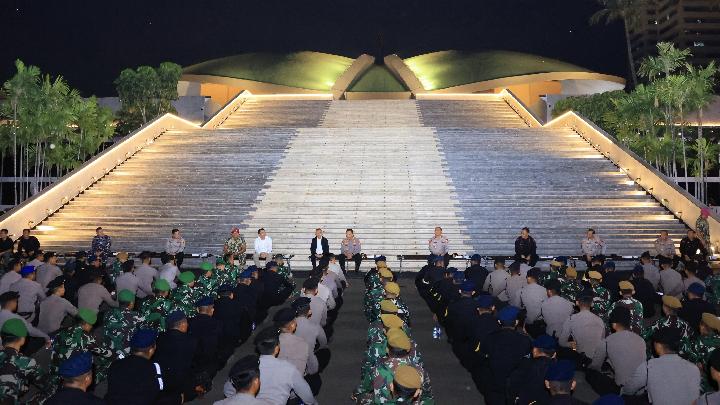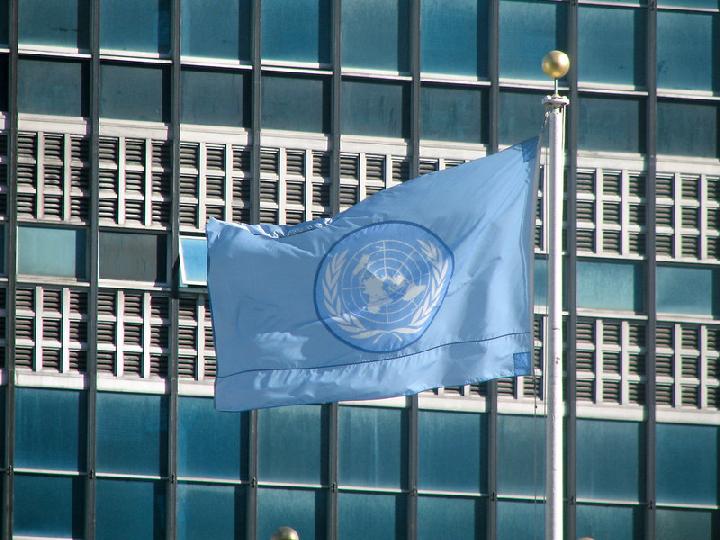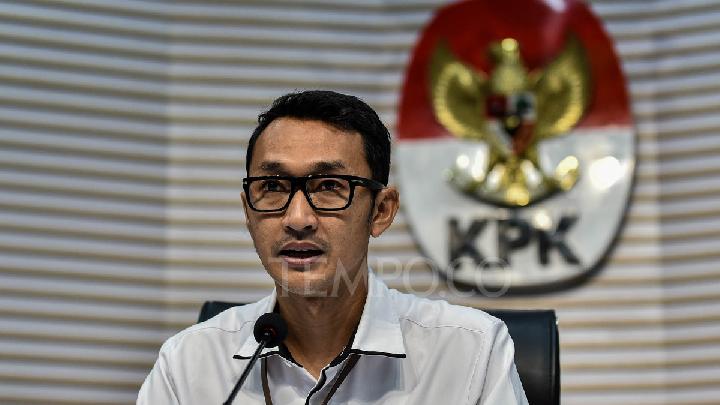President Donald Trump announced on Tuesday, July 1, 2025, that Israel has accepted the terms of a 60-day Gaza ceasefire, a deal that would also guarantee the release of several hostages, as reported by Axios.
Via his social media platform, Trump urged Hamas to accept the proposal. As usual, his request was accompanied by a warning that the situation would "not get better—IT WILL ONLY GET WORSE" if they refused.
This announcement comes shortly after Trump reportedly helped mediate a ceasefire between Israel and Iran following a 12-day conflict. He is now pushing for progress in Gaza, where the conflict has been ongoing for nearly 21 months since October 7, 2023.
The announcement follows extensive discussions at the White House between Trump's envoy Steve Witkoff and Israel's Strategic Affairs Minister Ron Dermer, a close advisor to Prime Minister Benjamin Netanyahu. They reviewed the ceasefire and hostage release proposal mediated by Qatar.
Dermer conveyed to Witkoff that Israel agreed to Qatar's conditions and is ready to commence indirect negotiations with Hamas to finalize the agreement, according to a senior Israeli official. Trump emphasized that the ceasefire would provide an opportunity to work with all parties to end the war.
What Does the Ceasefire Proposal Entail?
The proposal envisions the ceasefire as a period during which Israel and Hamas would negotiate a permanent end to hostilities and outline future governance for Gaza. Israel insists that any long-term arrangement must involve Hamas relinquishing power, dismantling its military wing, and the exile of its senior leaders.
Israel prefers that Gaza be governed by local Palestinian officials not affiliated with Hamas or the Palestinian Authority, with involvement from Arab states such as Egypt, Jordan, the UAE, and Saudi Arabia.
How Does Hamas Respond?
The Palestinian group stated they are considering the ceasefire proposal from mediators and seeking an agreement that would lead to an end to the war and the withdrawal of Israeli forces from Gaza—a demand that Israeli Prime Minister Benjamin Netanyahu has long rejected.
Hamas official Taher al-Nunu said the group is "ready and serious" to reach an agreement and will accept "any initiative that clearly leads to a comprehensive cessation of war."
How Do Gaza Residents React?
In Gaza, Trump's announcement of the ceasefire proposal was met with cautious optimism and deep skepticism. After nearly 21 months marked by widespread destruction, mass displacement, and relentless bombings, the Palestinian people yearn for a respite from violence.
However, as Al Jazeera reported, this hope is tempered by their harsh past experiences. Ceasefire negotiations have repeatedly failed, and many Palestinians feel they have heard similar promises from Trump in the past. Nonetheless, there is a perception that Trump is genuinely committed to pressuring both Hamas and Israel to accept a ceasefire.
The prevailing sentiment among Palestinians is a desire for a comprehensive and sustainable reduction of hostilities, along with relief from the harrowing humanitarian crisis they face.
Statements from Gaza residents, summarized by Al Jazeera, suggest that a sustained ceasefire is unlikely. A ceasefire is only real if it truly happens—there is no ceasefire until the fighting stops, and there is no agreement until the ceasefire is formalized.
While political discourse and mainstream media headlines hint at the possibility of an agreement and the end of ongoing suffering, the reality on the ground tells a different story: an average of 100 to 120 Palestinians continue to be killed every day.
What Are the Potential Hurdles in the Negotiations?
Previous negotiations have encountered several significant obstacles, making an agreement difficult to reach. Some of these recurring hurdles include:
Hamas' Desire: Permanent Ceasefire
Hamas has demanded assurances for a ceasefire and the withdrawal of all Israeli forces from Gaza. However, Israel has refused to provide such a commitment. Israel notably canceled a three-phase ceasefire agreement agreed upon in January and resumed bombarding Gaza after refusing negotiations to end its genocide.
Israel's Desire: Disarmament of Hamas
Israel wants Hamas to disarm, relinquish control of Gaza, and exile its leaders from the Gaza Strip. The Palestinian group has previously referred to this as a "red line," stating they will not disarm as long as the Israeli occupation of Palestinian territories continues.
During the last round of indirect negotiations in June, Israeli media reported that the U.S. proposed a 60-day ceasefire, the entry of humanitarian aid into Gaza, and the release of 10 living Israeli captives and the bodies of 18 others, in exchange for 1,100 Palestinians held in Israeli jails.
The U.S. proposal stated that Israeli forces would withdraw from Gaza based on an approved map, and negotiations would also begin for a permanent ceasefire, the release of remaining captives, and the "redeployment and withdrawal of Israeli forces."
Hamas issued a counter-proposal, asking for negotiations for a permanent ceasefire to start on the first day of the ceasefire, and for the Trump administration to guarantee negotiations to reach a final end to the war.
Has Israel Violated Ceasefires Before?
Yes. As reported by Middle East Eye, Israel repeatedly violated the Gaza ceasefire agreed with Hamas in January 2025. This culminated in a complete ceasefire failure on March 18, when Israel launched a massive airstrike that killed over 400 Palestinian civilians within hours.
Prior to this, sporadic Israeli attacks had resulted in the deaths of at least 155 Palestinian civilians during the ceasefire period, according to the Gaza government media office.
The ceasefire, implemented on January 19, 2025, was designed to progress in three phases: the first phase involved a partial hostage exchange and some relaxation of restrictions, including the delivery of humanitarian aid and limited Israeli troop withdrawals.
However, Israel consistently breached the agreement by conducting airstrikes and killings, blocking aid supplies, and refusing to fully withdraw its forces, particularly from the Gaza-Egypt border area, hindering progress into the second phase.
Israel also halted all humanitarian aid to Gaza starting March 2 and cut off the power supply on March 9, severely impacting essential services like desalination plants. These actions were internationally condemned as violations of international humanitarian law and described as a "weaponization of starvation" against the civilian population.
The Israeli government justified the March airstrikes as a preemptive measure against alleged Hamas preparations for new attacks and cited Hamas' refusal to release hostages as grounds for violating the ceasefire. Hamas condemned Israel's actions as deliberate sabotage of the ceasefire agreement.
Editor’s Choice: Director of Indonesian Hospital in Gaza, Family Killed in Israeli Attack
Click here to get the latest news updates from Tempo on Google News




